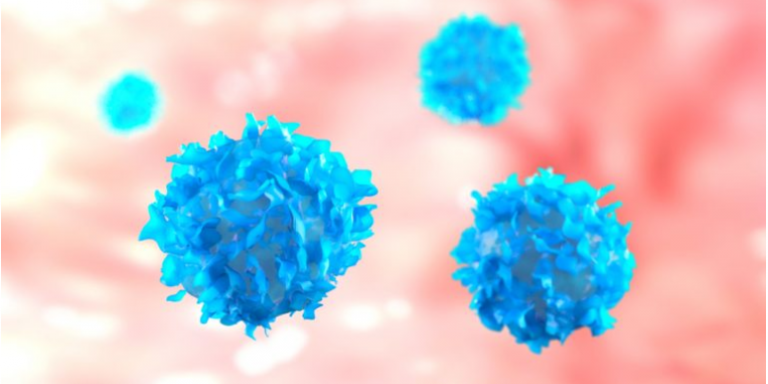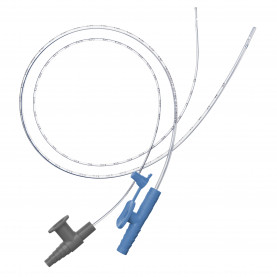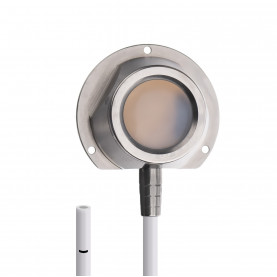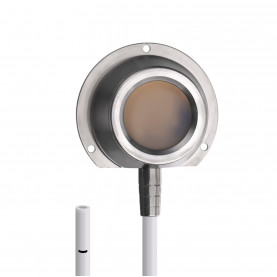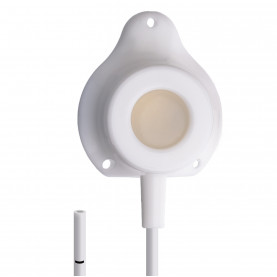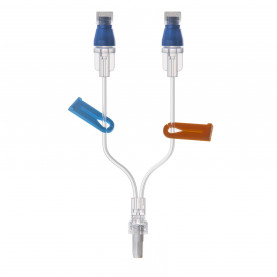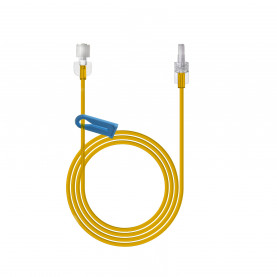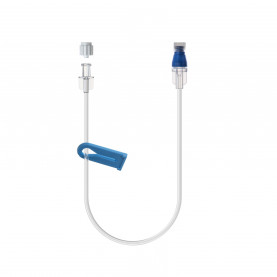Breakthrough in understanding of immune system dysfunction
Israeli and international scientists pinpoint protein that regulates exhaustion in T cells in discovery that may help fight disease.
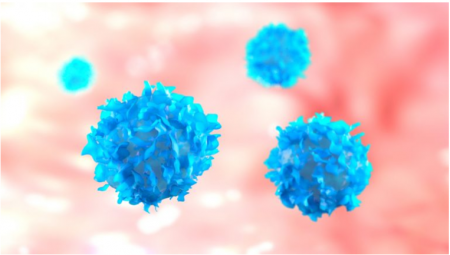
An international team of scientists has revealed a major player in immune system dysfunction, a discovery that may help in the fight against chronic disease.
Their study, recently published in Nature, demonstrates that a protein called TOX regulates the state of exhaustion in T cells, a group of white blood cells that play a central role in the body’s immune system response to disease.
A lengthy, chronic disease puts the immune system under tremendous pressure. It tries to eliminate the threats to the body but limits its action so as not to cause collateral damage to healthy cells, chronic inflammation or autoimmune diseases. This pressure can exhaust T cells, slowing their activity and making them unable to overcome diseases such as cancer.
While scientists have previously surmised that reversing this state of exhaustion may re-establish proper immunity, the general mechanisms that orchestrate this have remained a mystery.
The recent international study, conducted by scientists from Israel, the United States, Germany, Switzerland and Australia, has elucidated part of this mechanism for the first time.
“Thanks to this international collaboration, we demonstrated that the protein TOX is a master regulator of exhaustion state in T cells,” explains Prof. Cyrille Cohen, a cancer immunologist from Bar-Ilan University who participated in the study. “This protein, when active in T cells, is able to drive them into a state of severe non-responsiveness.”
Cohen studied this phenomenon in human cells in a model of melanoma, demonstrating a link between the expression of TOX in T cells and the induction of hypo-responsiveness, or diminished response, to cancer.
“Now, with this information in hand, we can think about how to neutralize some of these barriers so that we may restore the normal function of the immune system, even in chronic diseases, to better fight cancer or viral diseases,” Cohen said.

